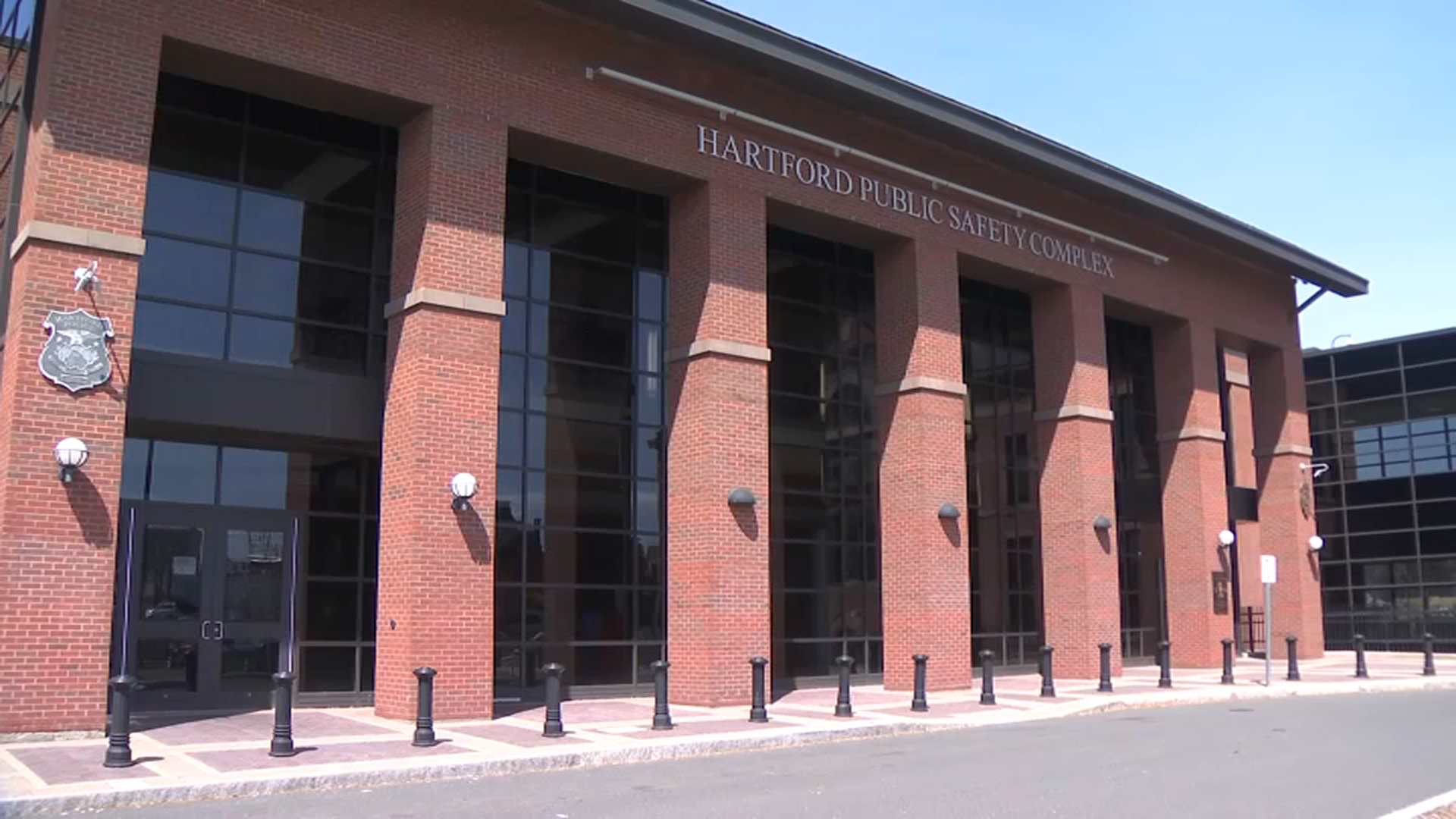The coronavirus is still causing ripple effects on educators, parents and students. A new study conducted by the Northwest Evaluation Association (NWEA) is bringing to light some of the struggles that students are facing in the classroom.
The nonprofit study compromised of findings between the 2019-2020 school year and the 2020-2021 school year shows some improvements and need for a little more attention.
According to the study, in the fall of 2020, grades 3-8 performed similarly in reading to same grade students in the fall of 2019. However, the gains in math were lower on average in the fall of 2020 than in previous years.
Carol Gale is the president of Hartford's Federation of Teachers and has 30 years of teaching experience. She believes it could be hard to get a glimpse of how students are performing.
"Math scores have gone down a little bit and we don't know yet how much that has to do with the engagement piece," said Gale. "Math is more cyclical and you have to keep practicing the lessons."
The group did put out a disclaimer from the findings which states that the NWEA had an incomplete understanding of how achievement this fall may differ across student groups and may be underestimating the impact of COVID-19.
Local
"This is giving of glimpse of how education went during the pandemic but certainly far from a complete picture," said Donald Williams, executive director of the Connecticut Educators Association. "At one level it was a little hopeful in that it wasn't a disaster in terms of how education learning has gone so far."
Williams also mentioned that students could face additional challenges in different topics.
"Math is more of a challenge and when students are trying to learn math with all of the stresses and distractions of a pandemic it does not go well," said Williams.
In the end, the NWEA recommends that school districts put more emphasis on teaching math and asks that the federal and state governments provide more funding.
"We're going to have to invest in our students future if we don't want to cut their opportunity short," said Williams. "We have to provide the resources for our schools and our students if we expect students to not only keep up but to make up of any lost ground."
Some teachers told NBC Connecticut that their new students need to improve in some areas and attribute this to a lack of access to technology while at home or lack of focus while in the classroom.
"They are missing skills that they would have learned in the last year in fourth grade," said Karlen Meinsen, a language arts teacher at Celentano Bio-Tech Health and Medical Magnet School in New Haven. "Right now, our best is good enough and the aftermath of this and the next few years, we're going to need to maybe put in a little extra support to help them."
The study also found that there are some differences among racial/ethnic groups that emerged in the fall 2020 data. Researchers say that it is too early to state exact conclusions from the study.
If you would like to read the study, click here.
The nonprofit is hosting a webinar for parents to find out how they can better support their students, “How did COVID impact student learning? The data is in” on December 15.



